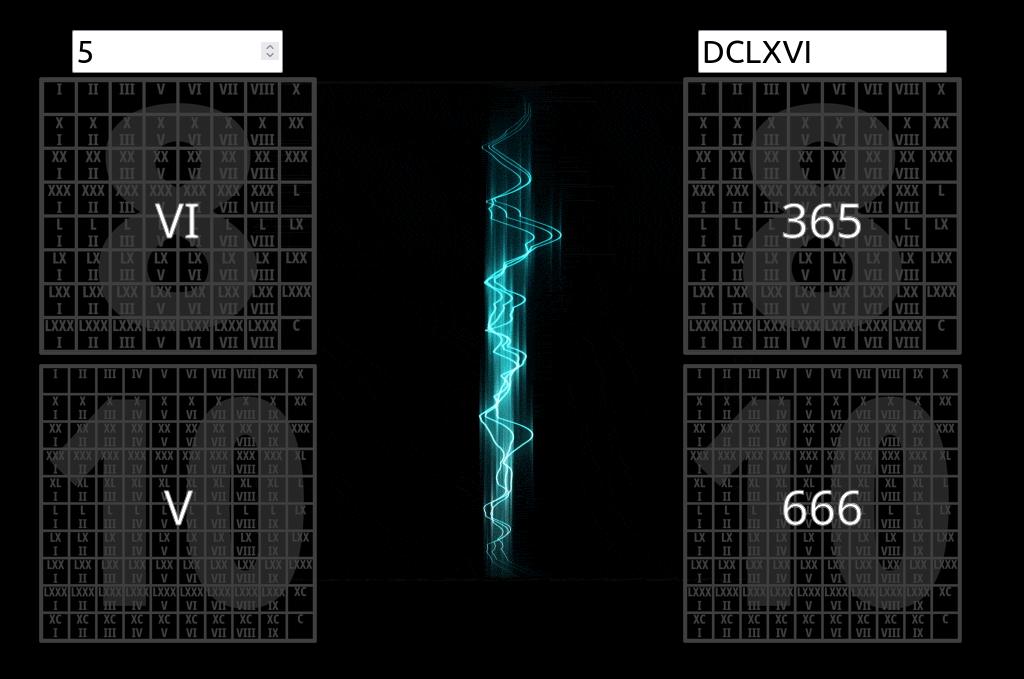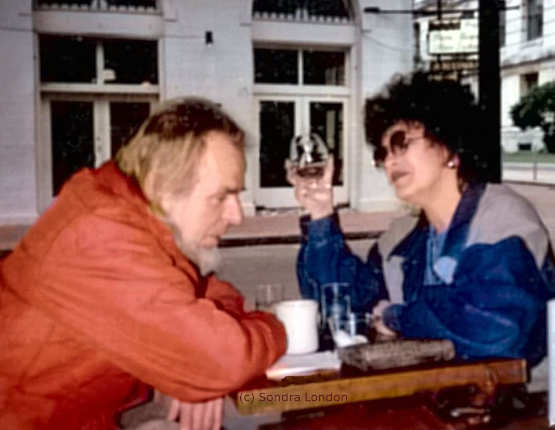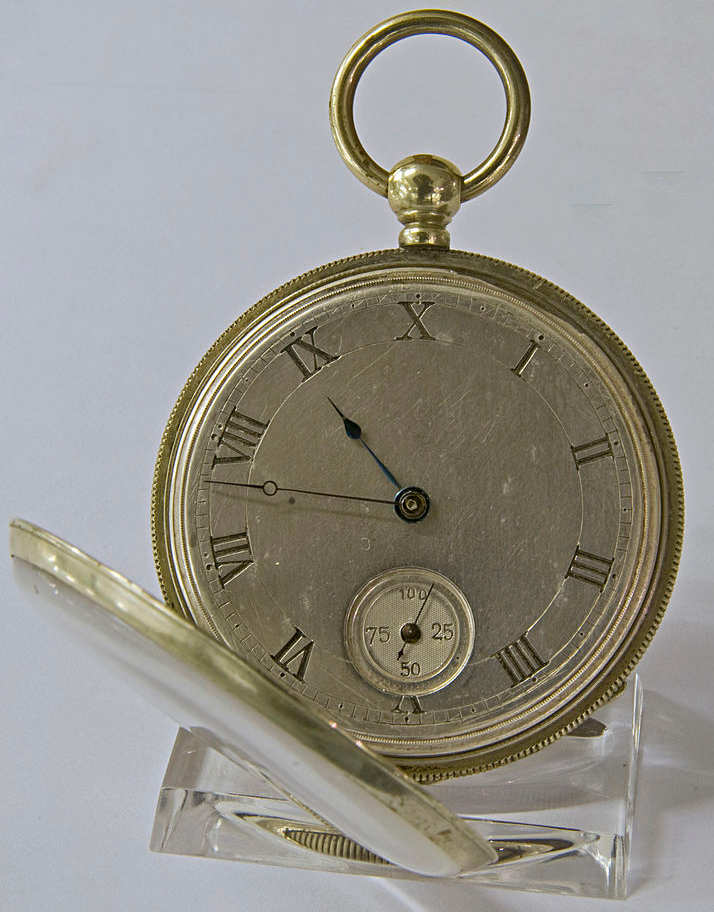In scriptural religions, one is supposed to believe what is written. In these scriptures, suicide is mostly considered sinful and those who commit suicide are usually deprived of a funeral before burial. Therefore, if the authoritative scriptures write that someone committed suicide, even if they had no objective reason to commit suicide, then believers are supposed to treat the suicide committer as a sinner, even despite their former merits
Discordianism prescribes not to believe what is written. Therefore, if authoritative sources centrally report the suicide of someone who had no preconditions for suicide, that someone becomes a posthumous candidate for Discordian martyrdom. Having been recognised by the five Popes, Discordian martyrs are venerated and become candidates for sainthood of this religion. Candidate Discordian martyrs are not only those who are declared by authoritative scriptures to be suicidal, but also those who died in bizarre suicidal circumstances and her or his activities were contrary to the building of a unified order.
53 Discord is a general commemoration of Discordian martyrs. On this day it is customary to remember the lives and labours of the revered Discordian martyrs, unwittingly forgotten by adherents of scriptural religions; to commemorate their merits and shame the adherents of scriptural religions who benefit from the fruits of their labour, but who are careful not to remember or honour, according to their scriptures, the suicidal sinners.
The first five recognised and revered Discordian martyrs (in chronological order of their deaths): Continue reading



